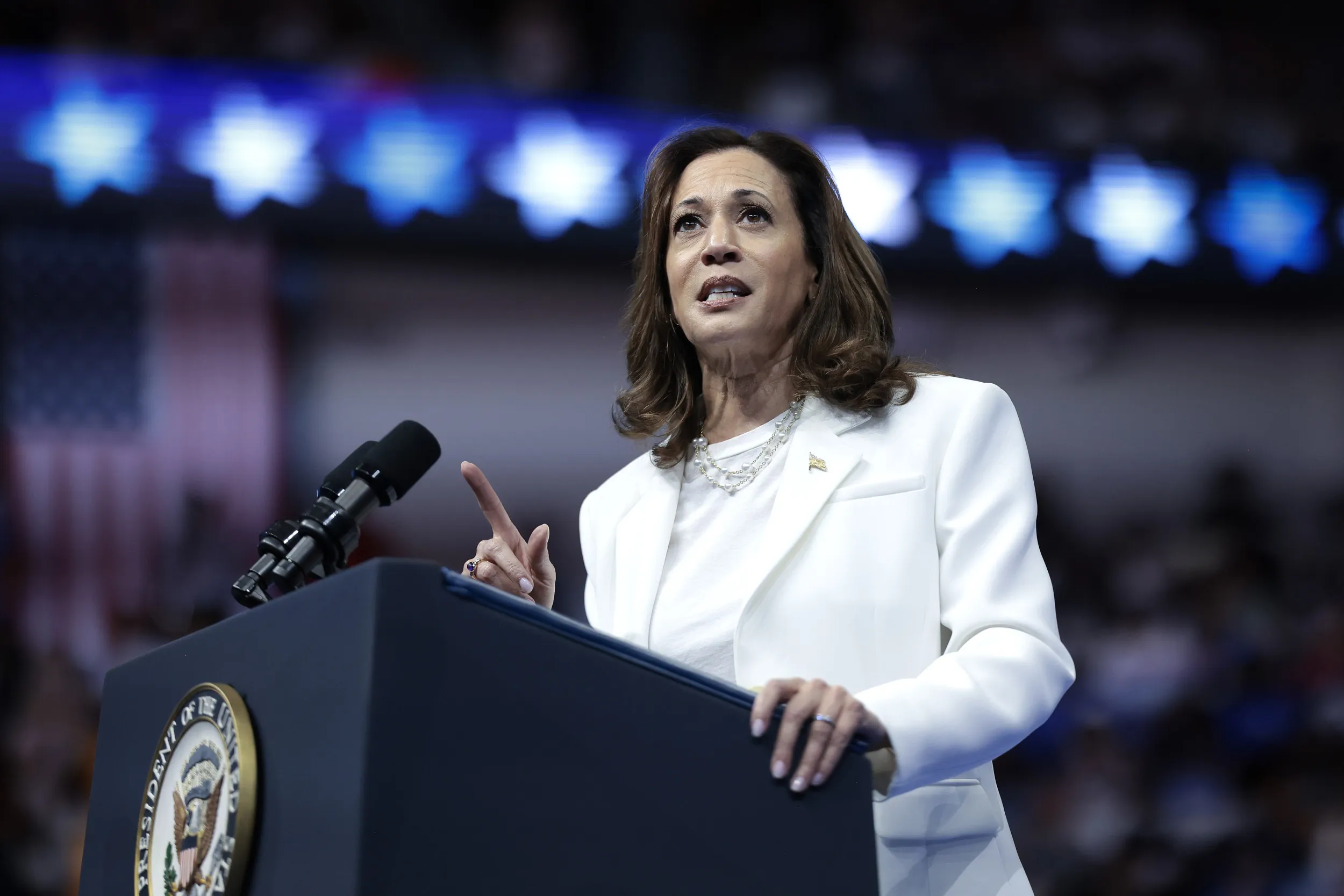2024 Election: Harris vs. Trump - Key Debate Strategies and Insights

Strategies for Success in the 2024 Election Debate
Vice President Kamala Harris will seek to cement her narrow lead over former President Donald Trump at their first debate Tuesday, while Trump looks to reset his campaign after losing ground in the polls after Harris stepped in as the Democratic nominee. Harris enters the debate riding a wave of momentum in the weeks since she replaced President Joe Biden after he dropped his bid for a second term. But the race is essentially deadlocked, with both candidates separated by tight margins in all of the key battleground states.
A Historical Context of Debates
Trump, who accepted an unprecedented third consecutive Republican presidential nomination in July, will be participating in his seventh presidential debate Tuesday. Trump and Hillary Clinton debated three times in 2016. Trump faced off against Biden twice in 2020 and once more in June, when Biden's poor performance put pressure on him to drop out of the race. Harris made waves in her first major debate on the national stage in 2019, when she criticized Biden's record on school busing at a Democratic primary debate. She also faced off against Mike Pence in the 2020 vice presidential debate.
The Stakes of the Upcoming Debate
But Tuesday will be the biggest debate challenge of Harris' career by far. With so much at stake, Newsweek asked Democratic and Republican strategists to weigh in with their analysis of effective strategies for both candidates - and what a Harris and Trump debate night win would look like. Here are the key issues to watch for and ways the candidates might succeed or fail when they face off for the first time.
How Harris Can Win
- Make Trump Seem Small
Trump has a long history of belittling political opponents with nicknames and attacks on social media. The Harris campaign has flipped the script by mocking Trump's tendency to ramble at rallies and calling his views on key issues into question.
This article was prepared using information from open sources in accordance with the principles of Ethical Policy. The editorial team is not responsible for absolute accuracy, as it relies on data from the sources referenced.